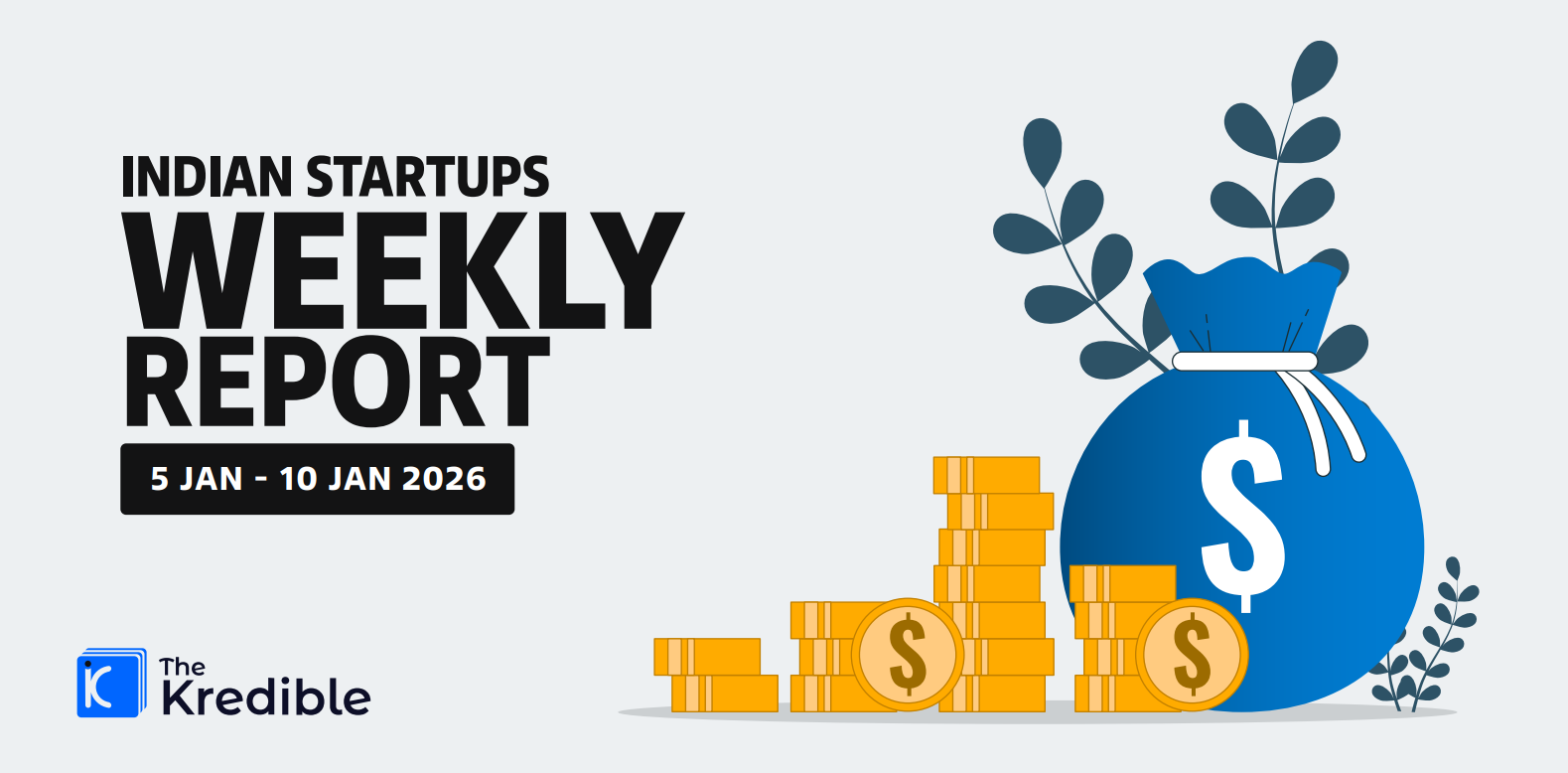 Funding Report
Funding Report This week, 24 Indian startups raised a total of $75.36 million, all through early-stage deals, while four startups kept their funding undisclosed.
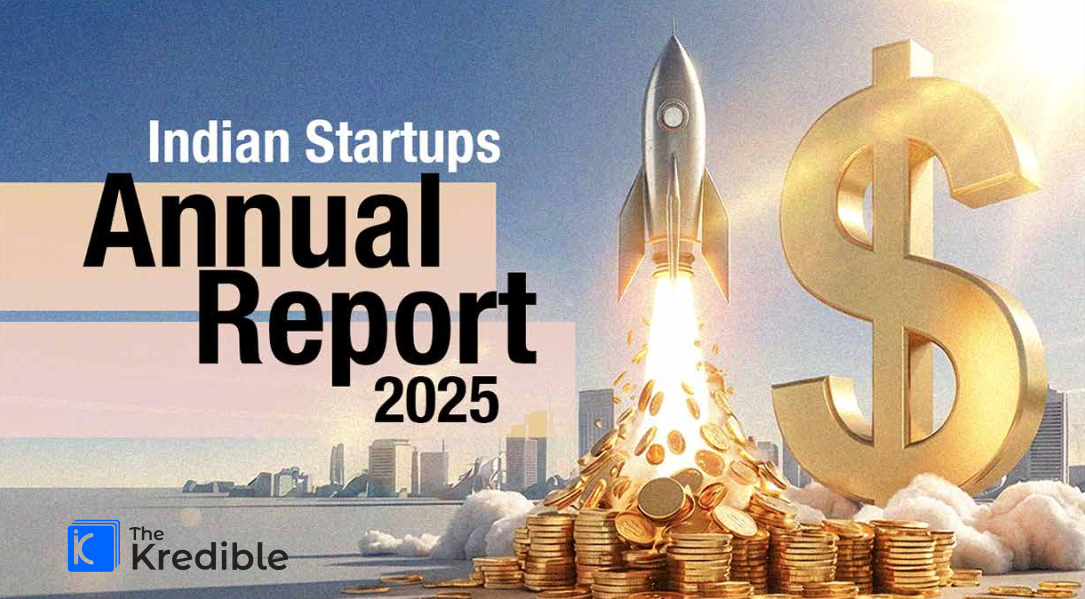 Funding Report
Funding Report Indian startups raised a total of $13 billion across 1,250 deals in 2025. Growth and late-stage funding accounted for $9.86 billion from 286 deals, while early-stage funding contributed $3.2 billion through 831 deals. Additionally, 133 rounds of funding remained undisclosed.
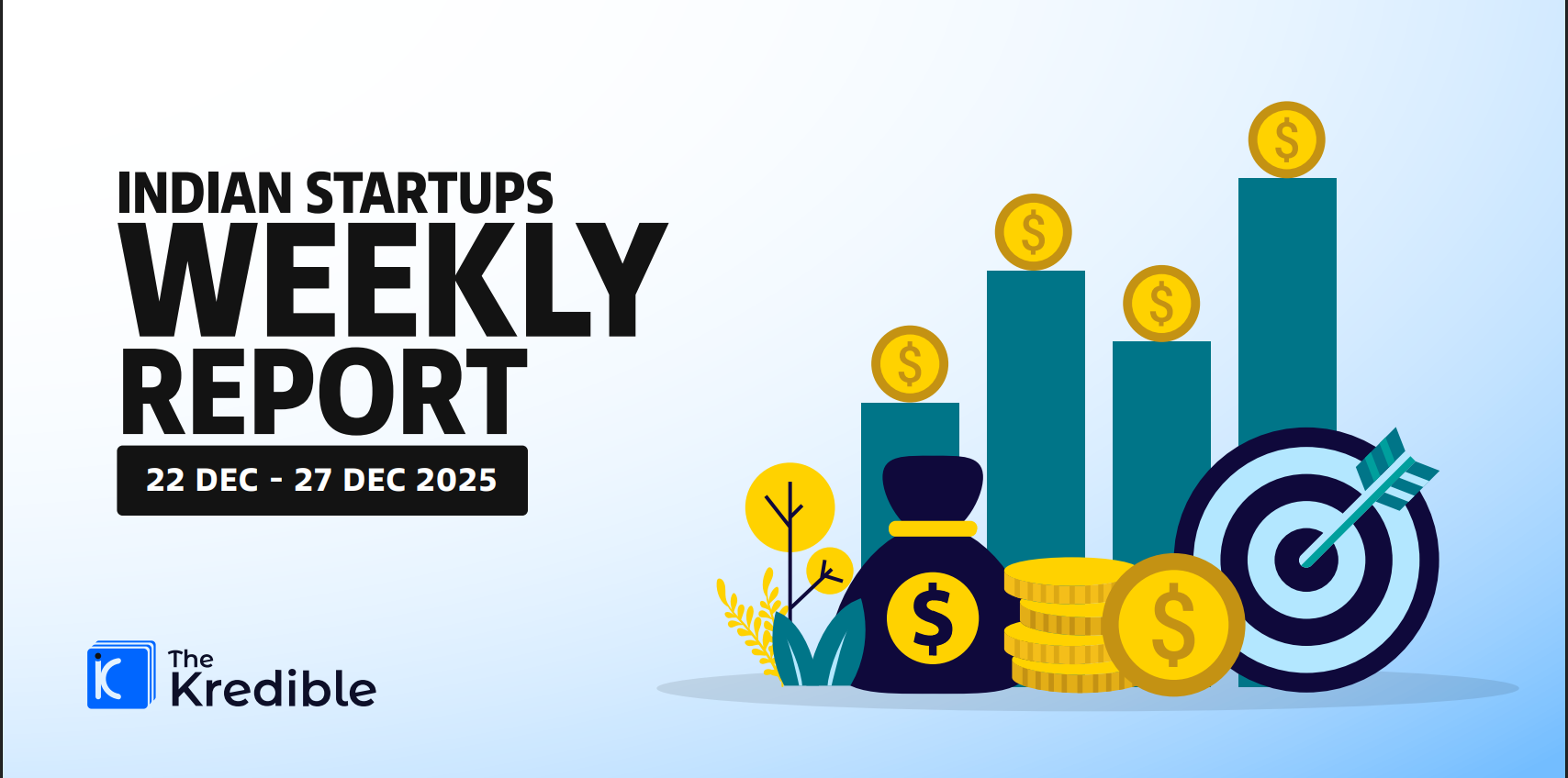 Funding Report
Funding Report This week 11 Indian startups raised a total of $95.54 million, comprising 4 growth-stage and 5 early-stage deals, while 3 startups kept their funding undisclosed
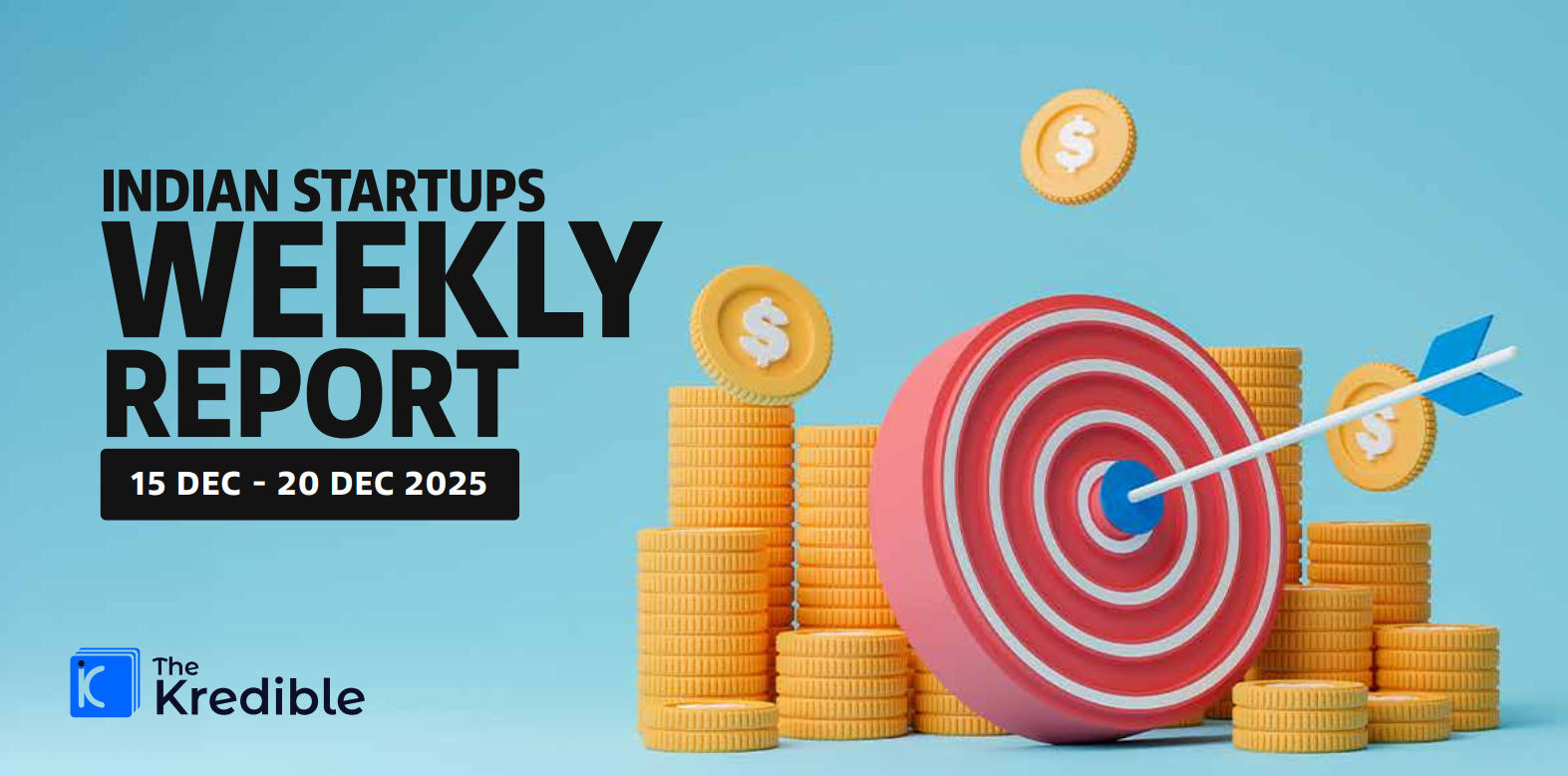 Funding Report
Funding Report This week 30 Indian startups raised a total of $363.9 million, comprising 9 growth-stage and 21 early-stage deals, while a startup kept its funding undisclosed.
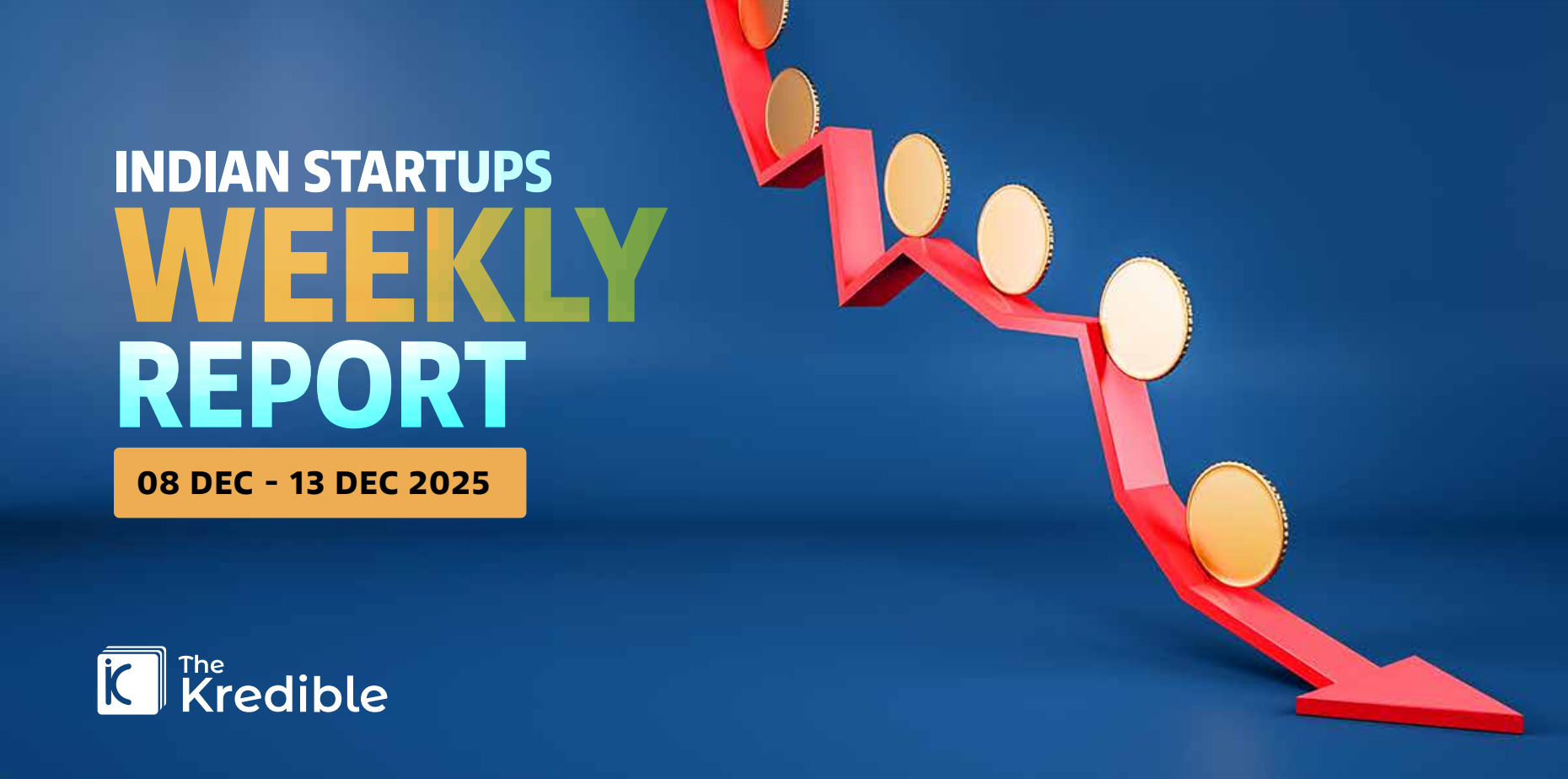 Funding Report
Funding Report This week 22 Indian startups raised a total of $137.68 million, comprising 5 growth-stage and 15 early-stage deals, while 2 startups kept their funding undisclosed
 Funding Report
Funding Report This week 18 Indian startups raised a total of $272.67 million, comprising 5 growth-stage and 11 early-stage deals, while a startup kept its funding undisclosed
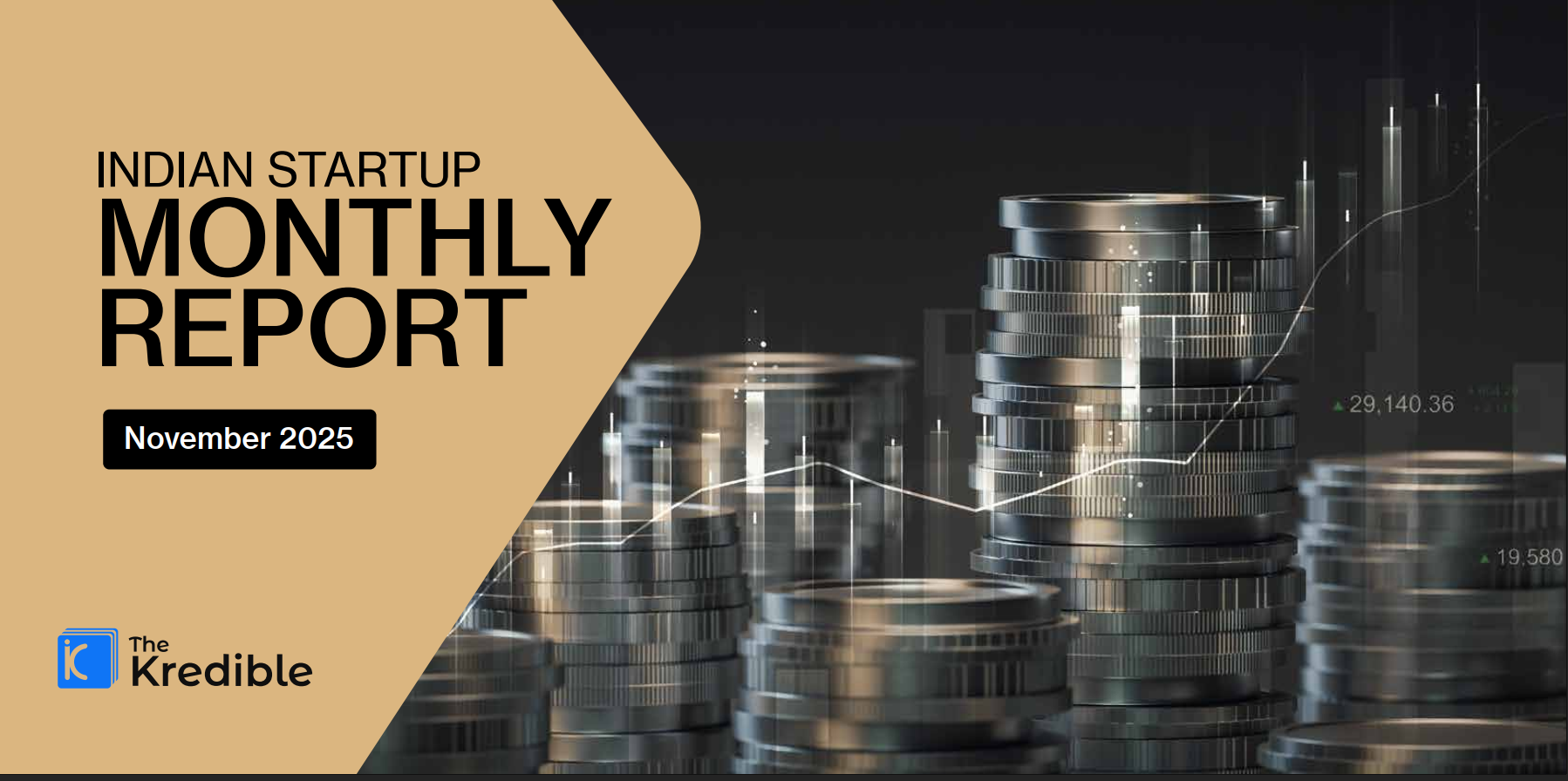 Funding Report
Funding Report After a steady October that ranked as the second highest funded month of the year, Indian startups fell short of the $1 billion mark in November as the market did not see any sizeable rounds. MoEngage’s $100 million raise was the only headline number, while most companies recorded smaller cheques. The month, however, drew attention for a different reason, with Lenskart, Groww, PhysicsWallah, Pine Labs and Capillary Technologies making their market debuts and shifting the conversation toward startup listings.
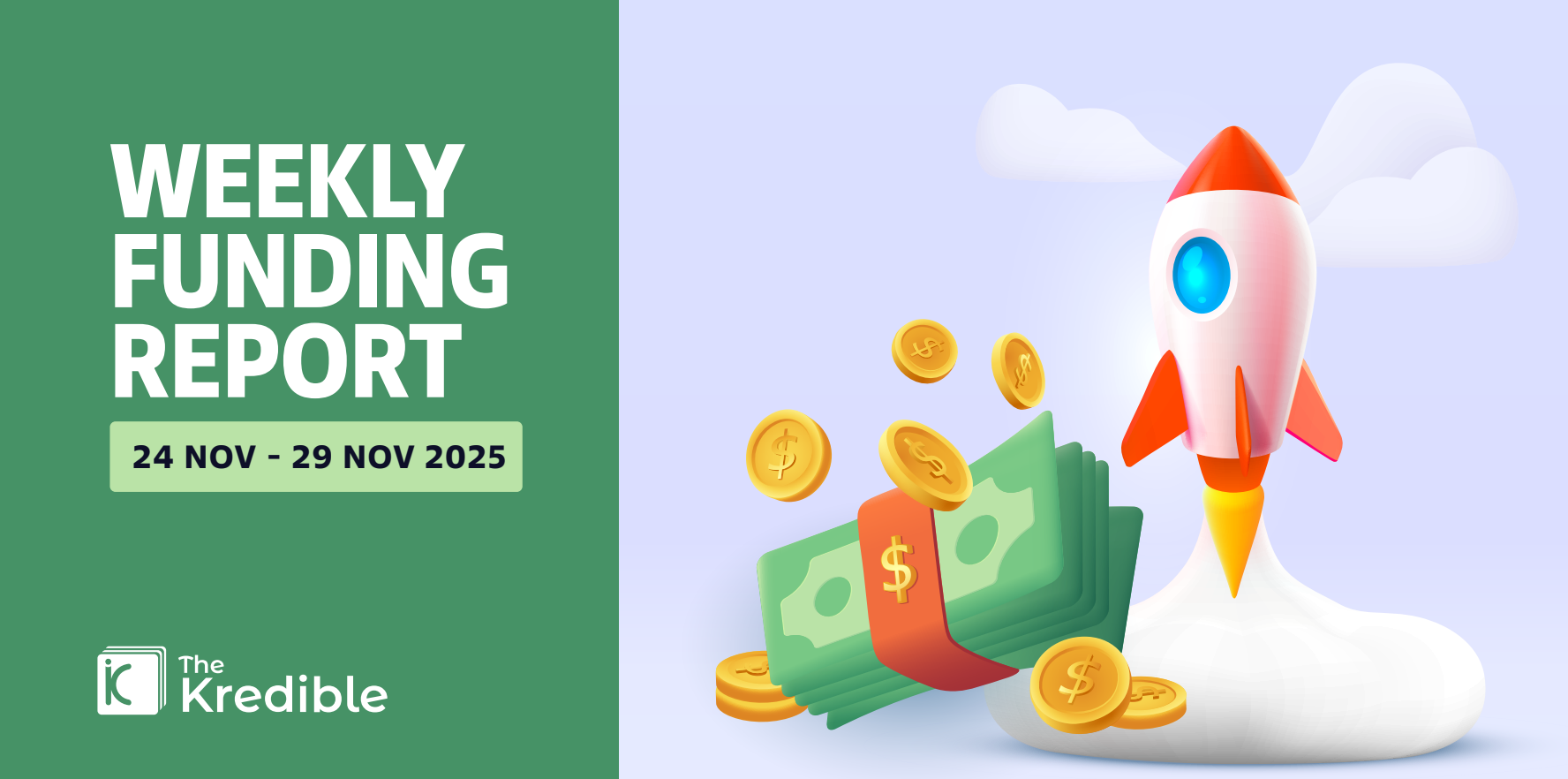 Funding Report
Funding Report This week only 35 Indian startups raised a total of $353.19 million, comprising 10 growth-stage and 22 early-stage deals, while 3 startups kept their funding undisclosed.
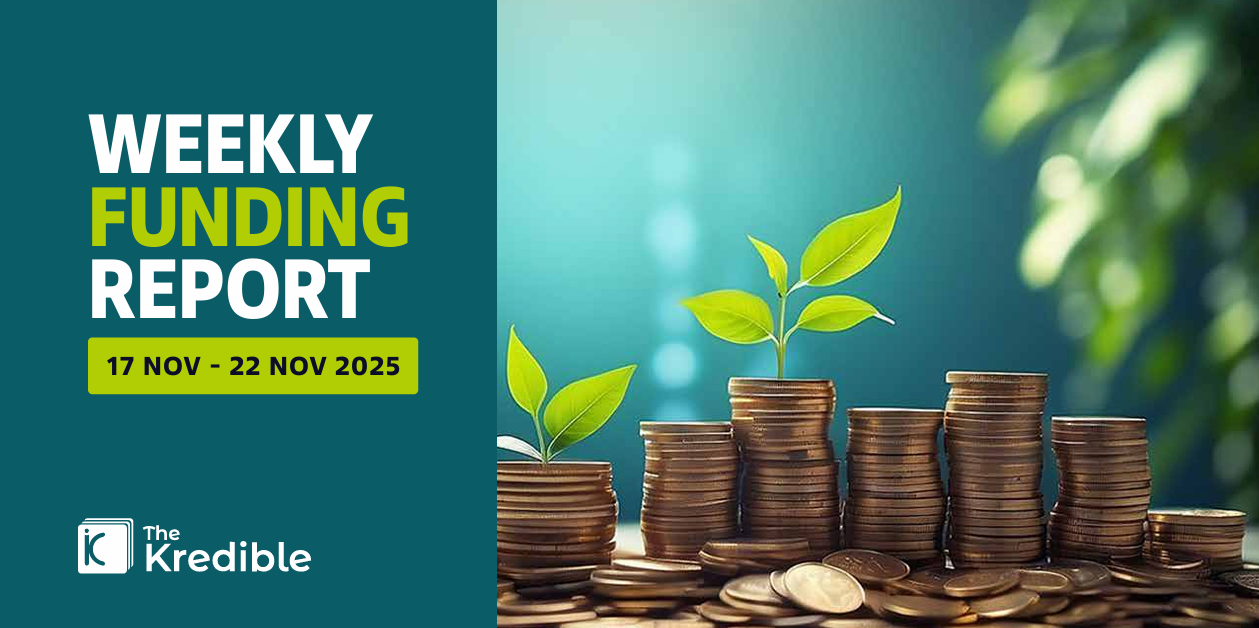 Funding Report
Funding Report This week only 26 Indian startups raised a total of $220.52 million, comprising 7 growth-stage and 16 early-stage deals, while 2 startups kept their funding undisclosed.
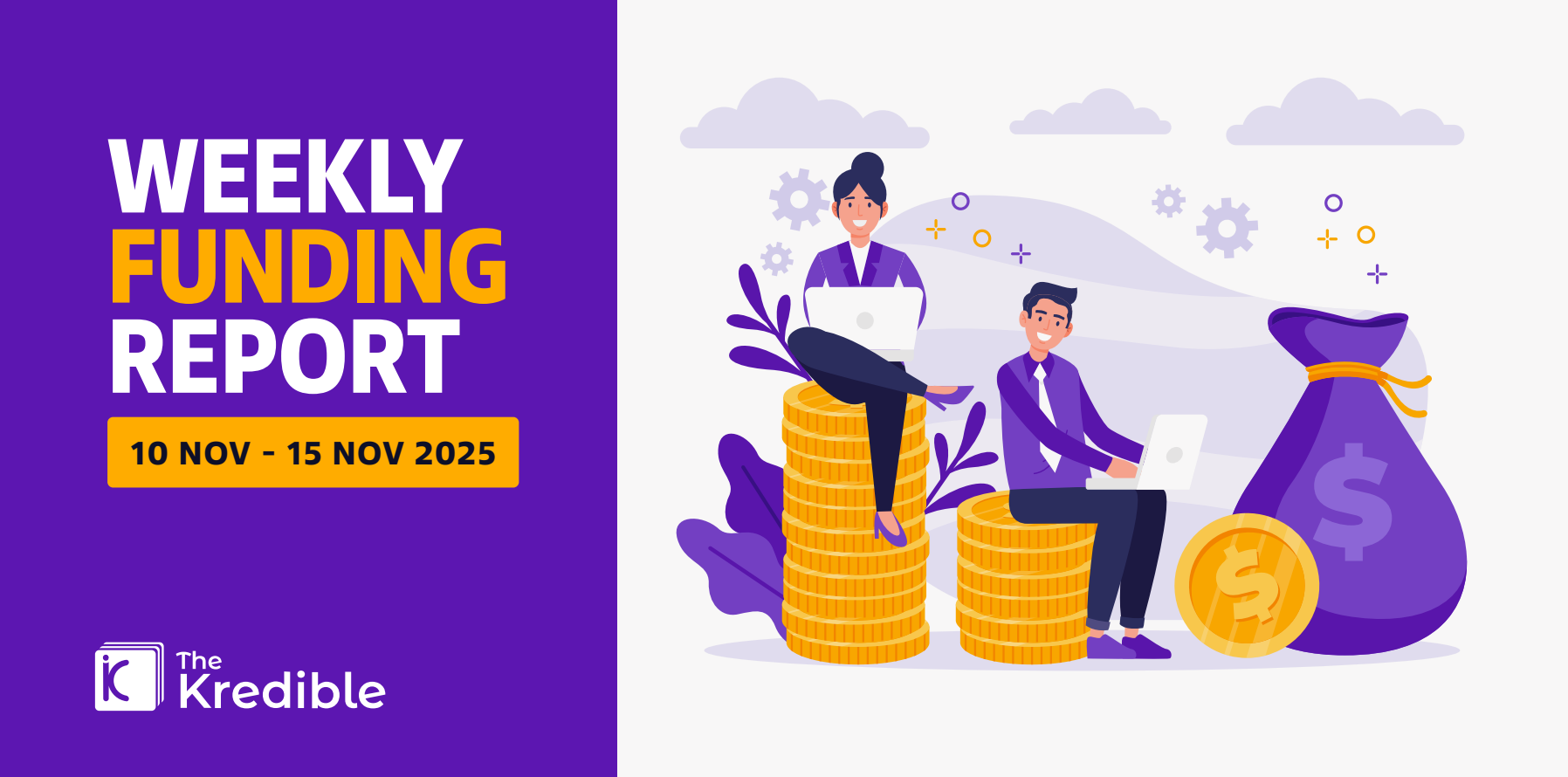 Funding Report
Funding Report This week only 24 Indian startups raised a total of $242.88 million, comprising 5 growth-stage and 17 early-stage deals, while a startup kept its funding undisclosed.
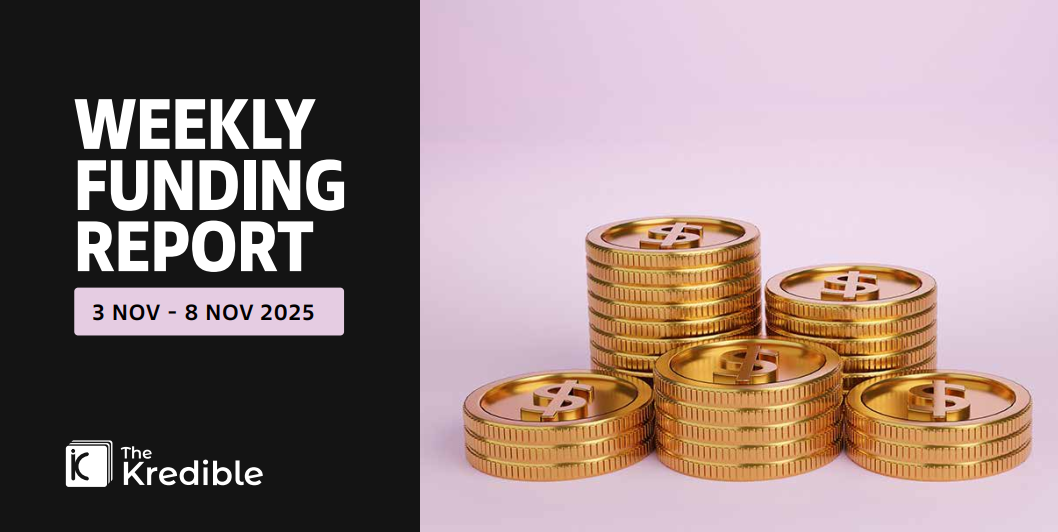 Funding Report
Funding Report This week only 24 Indian startups raised a total of $242.88 million, comprising 5 growth-stage and 17 early-stage deals, while a startup kept its funding undisclosed.
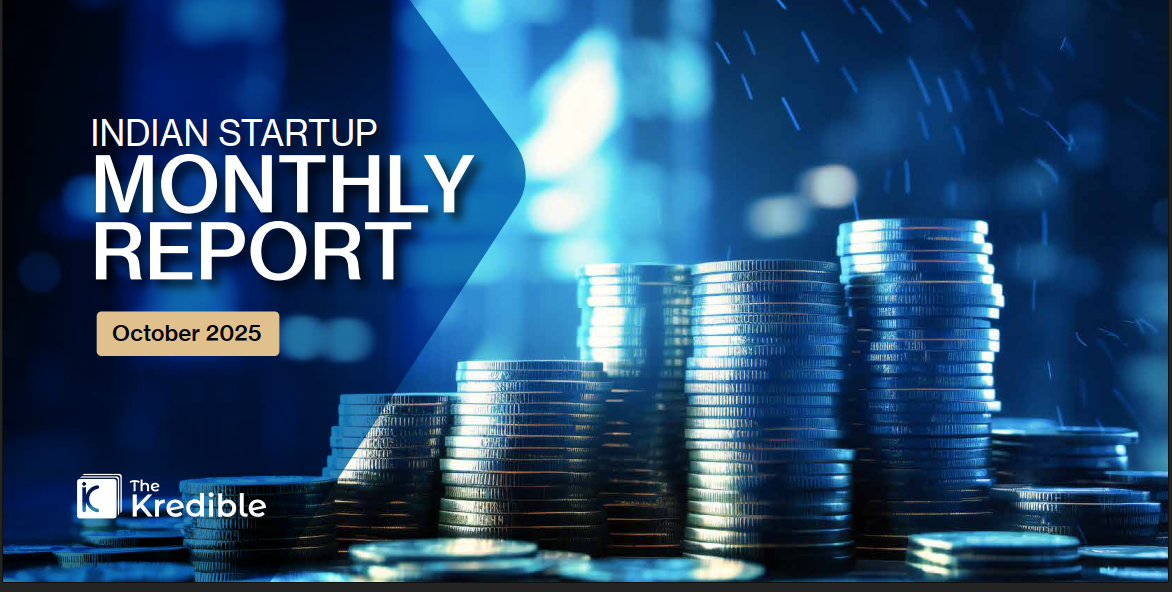 Funding Report
Funding Report Indian startups recorded their second-highest funding month in 2025, with the jump in capital inflow driven by Zepto’s $450 million mega round, followed by Uniphore’s $250 million and two $100 million-plus fundraises by Snapmint and Dhan. October also turned out to be an active month on the IPO front, with Lenskart and Groww gearing up to list, while boAt, Curefoods, and Milky Mist moved a step closer to their public market debut. Meanwhile, layoffs saw a noticeable decline compared to previous months.
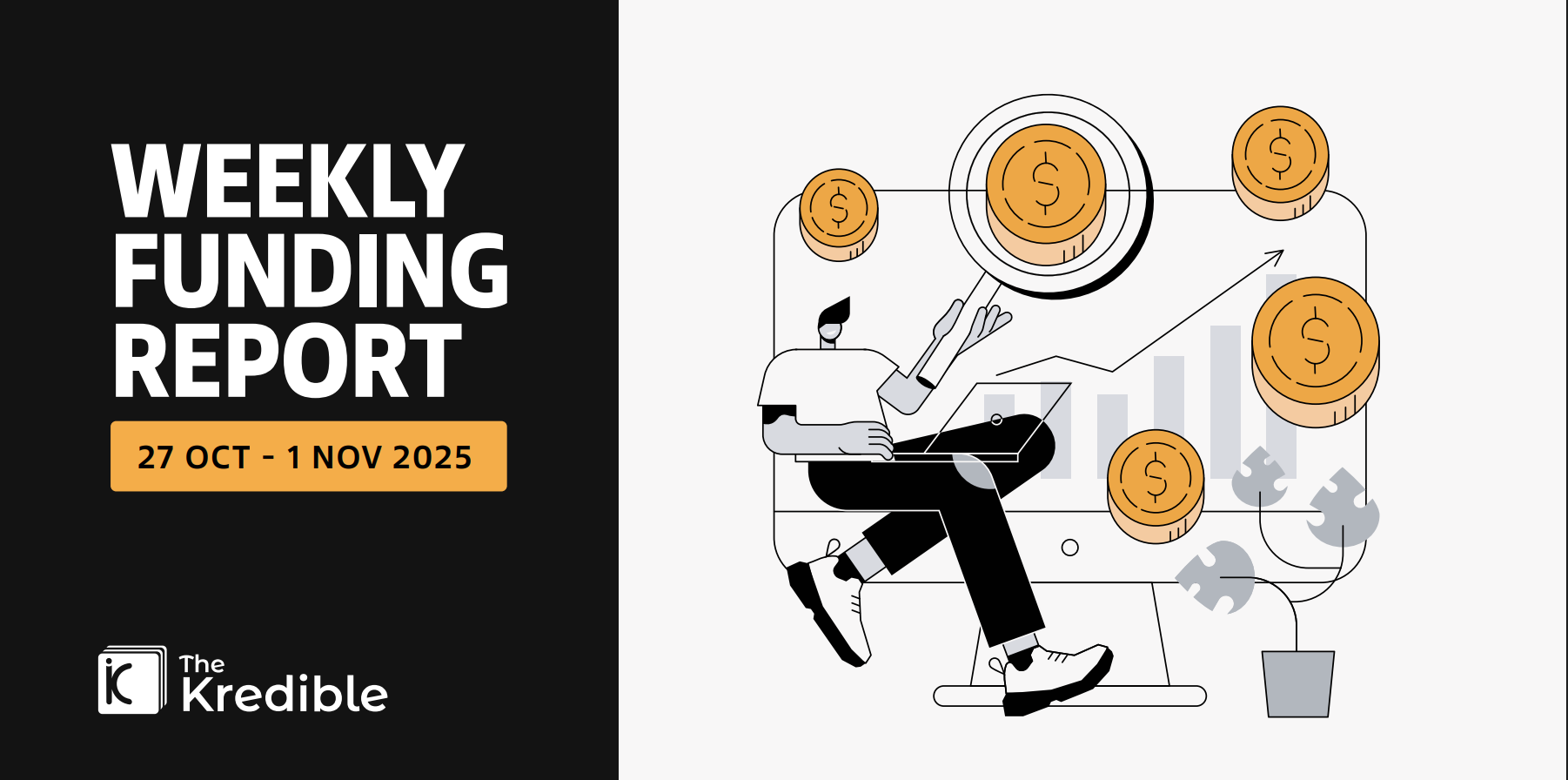 Funding Report
Funding Report This week only 34 Indian startups raised a total of $334.88 million, comprising 5 growth-stage and 23 early-stage deals, while 6 startups kept their funding undisclosed.
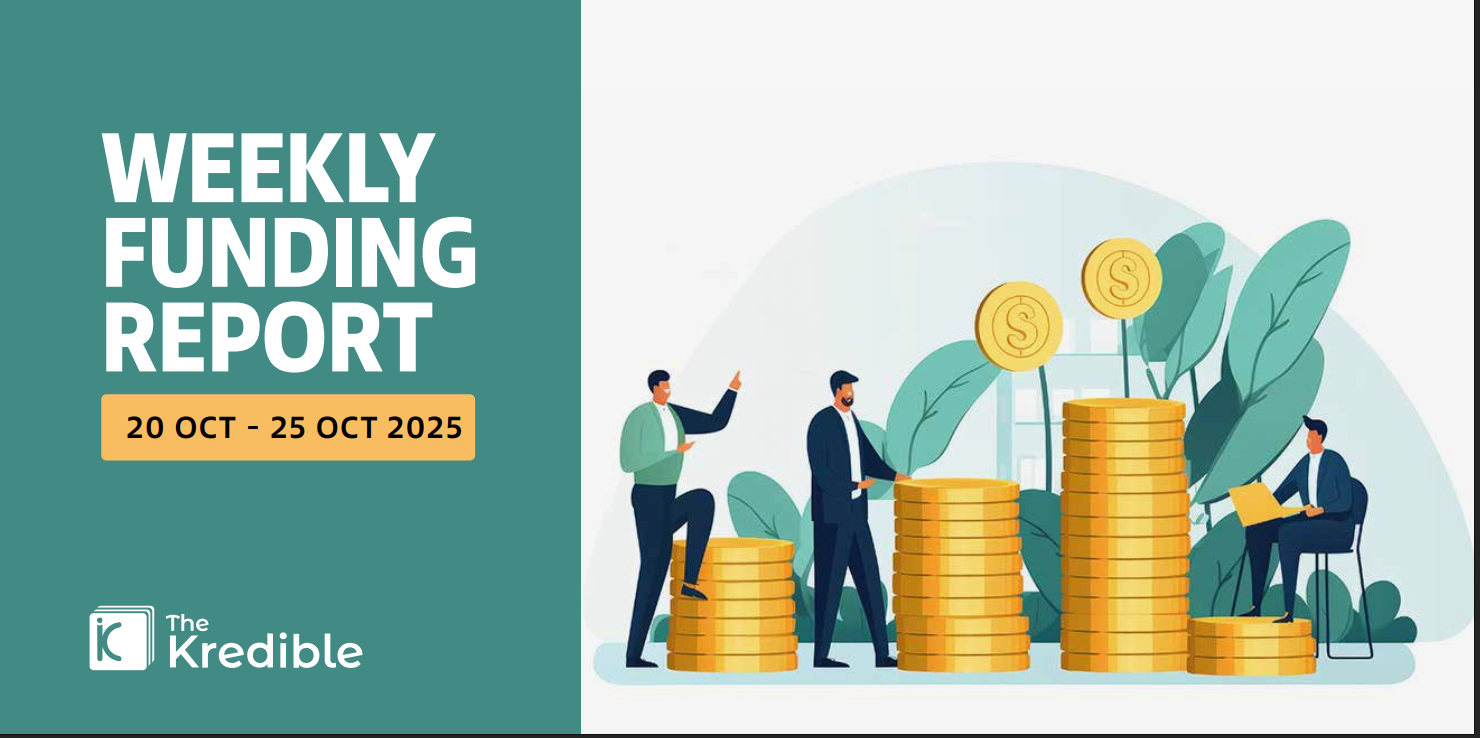 Funding Report
Funding Report This week only 8 Indian startups raised a total of $347.44 million, comprising 3 growth-stage and 5 early-stage deals.
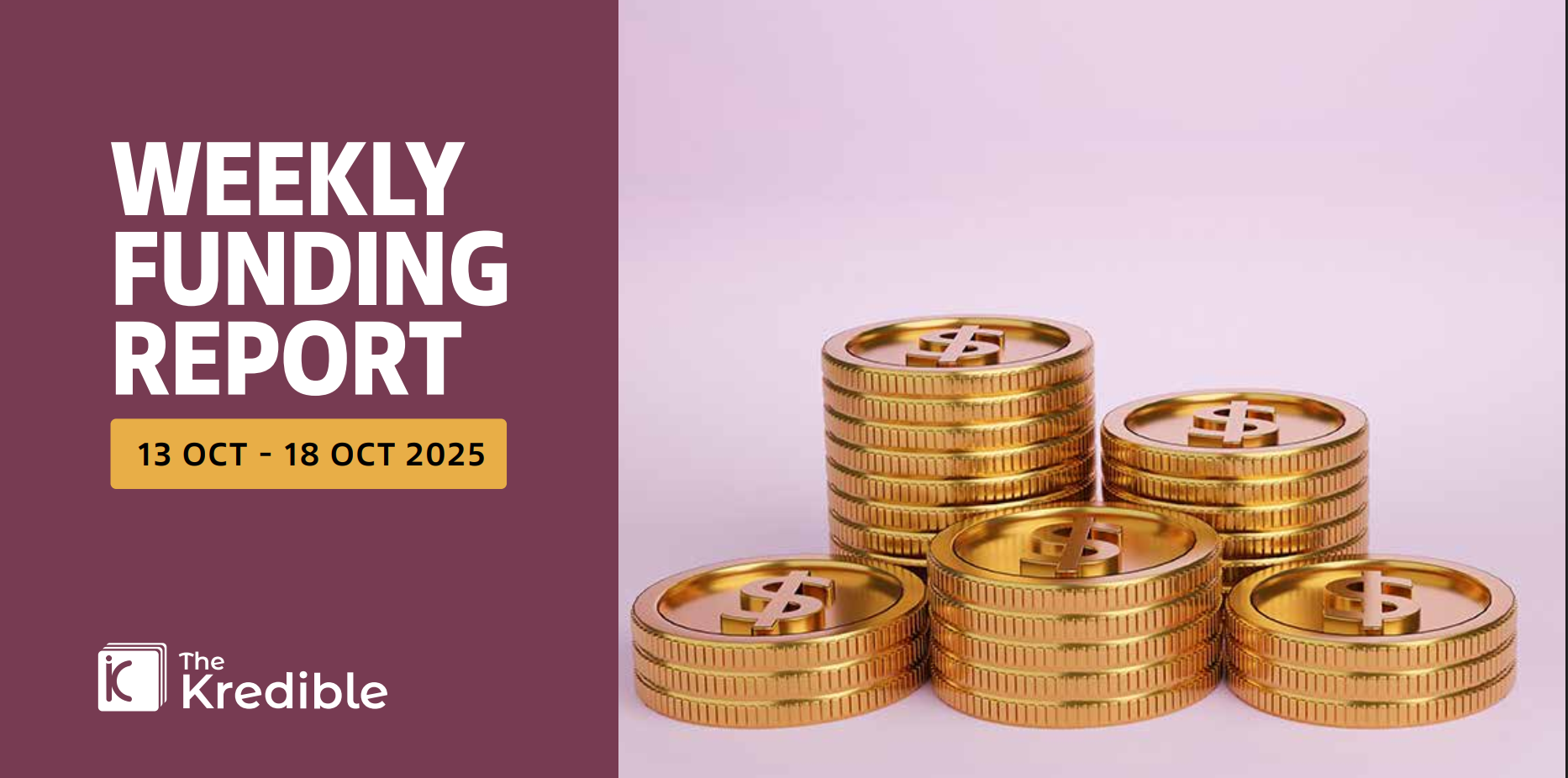 Funding Report
Funding Report During the week, 30 Indian startups raised a total of $694.75 million, comprising 6 growth-stage and 22 early-stage deals, while 2 startups kept their funding undisclosed.
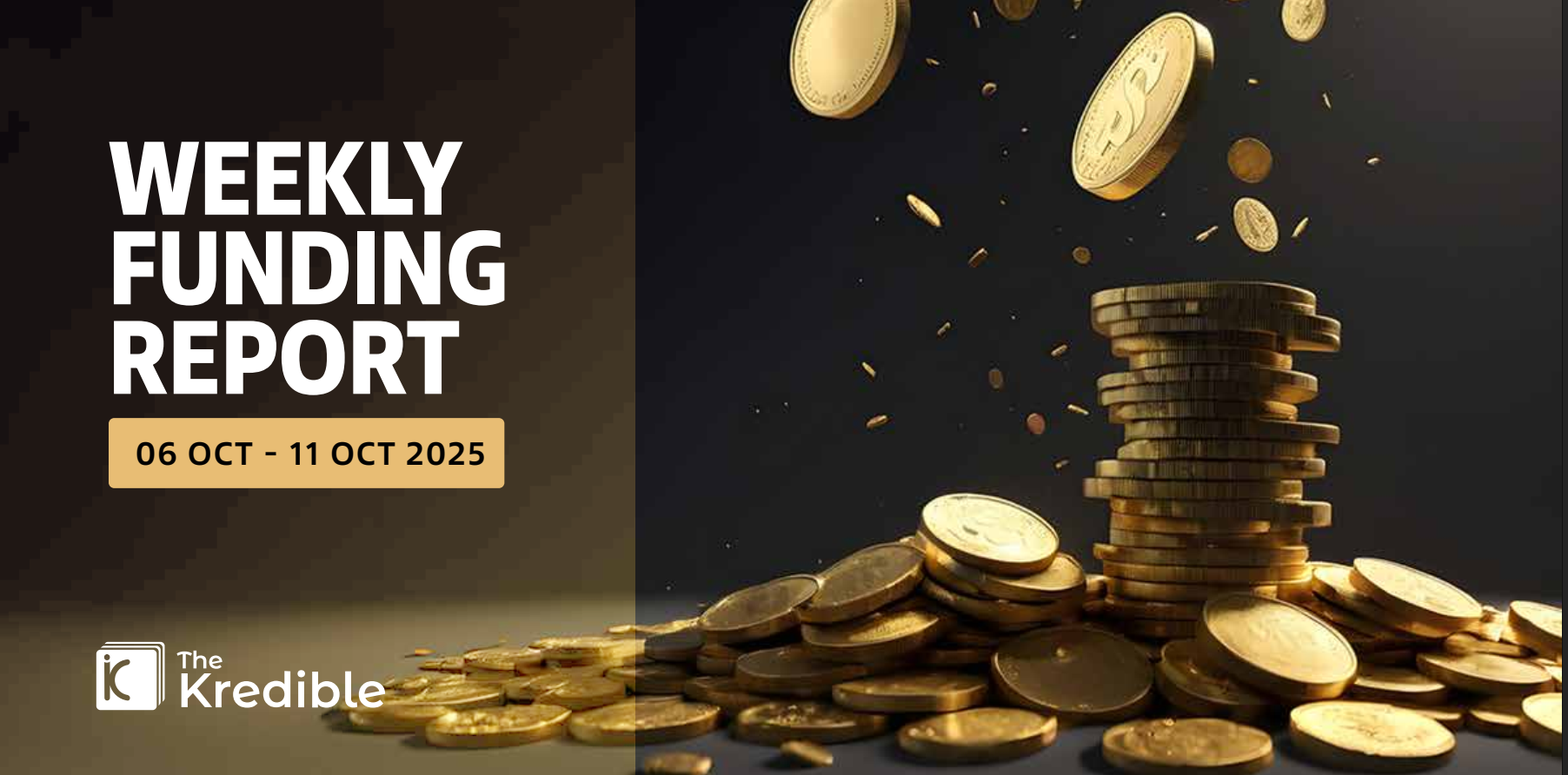 Funding Report
Funding Report During the week, 36 Indian startups raised a total of $310.72 million, comprising 6 growth-stage and 27 early-stage deals, while 3 startups kept their funding undisclosed.
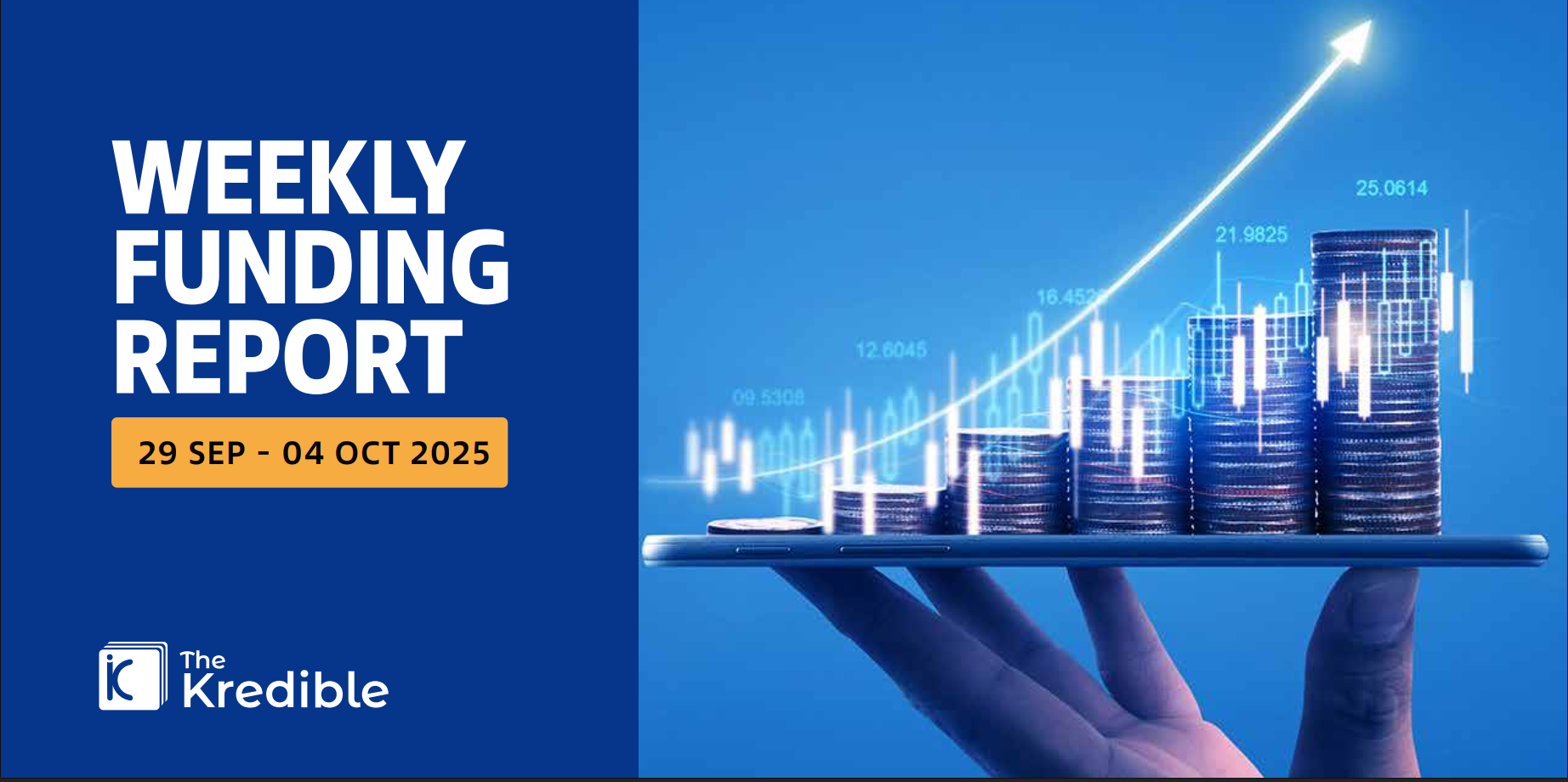 Funding Report
Funding Report During the week, 17 Indian startups raised a total of $206.89 million, comprising 6 growth-stage and 10 early-stage deals, while one startup kept its funding undisclosed.
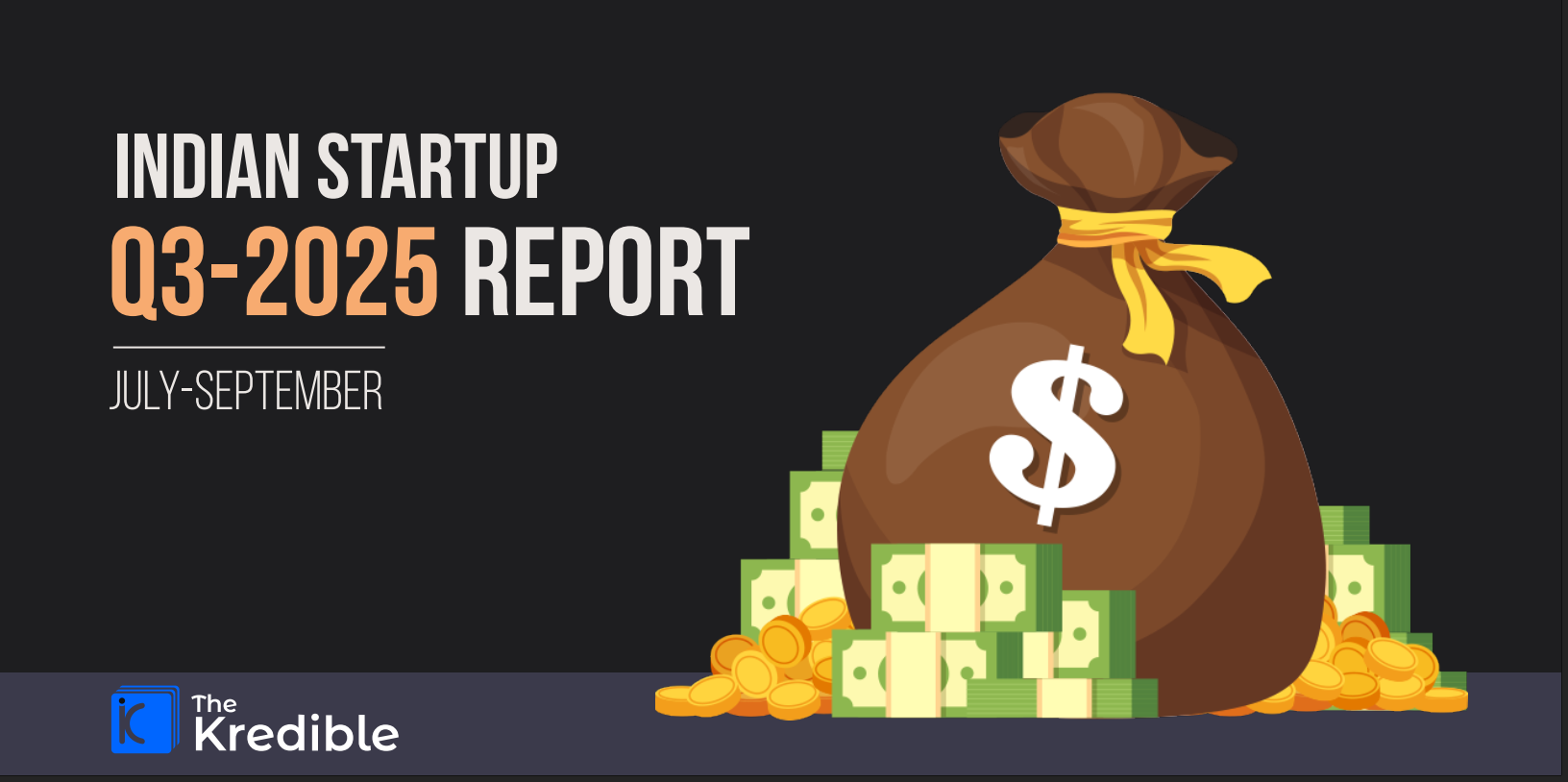 Funding Report
Funding Report Funding for Indian startups slipped below $3 billion in the September quarter of 2025, marking a slowdown after back-to-back quarters of surpassing the threshold. The funding was driven by sizable debt rounds by PharmEasy and Eruditus, as well as pre-IPO deals involving Urban Company, IndiQube, and Smartworks. Late-stage deals for firms such as Gupshup, Truemeds, Kapiva, and The Sleep Company also contributed to the total. However, regulatory actions including the ban on real money gaming had a major impact during the quarter. This led to around 2,000 people losing their jobs, making it one of the biggest rounds of layoffs in the sector since 2023 and 2024.
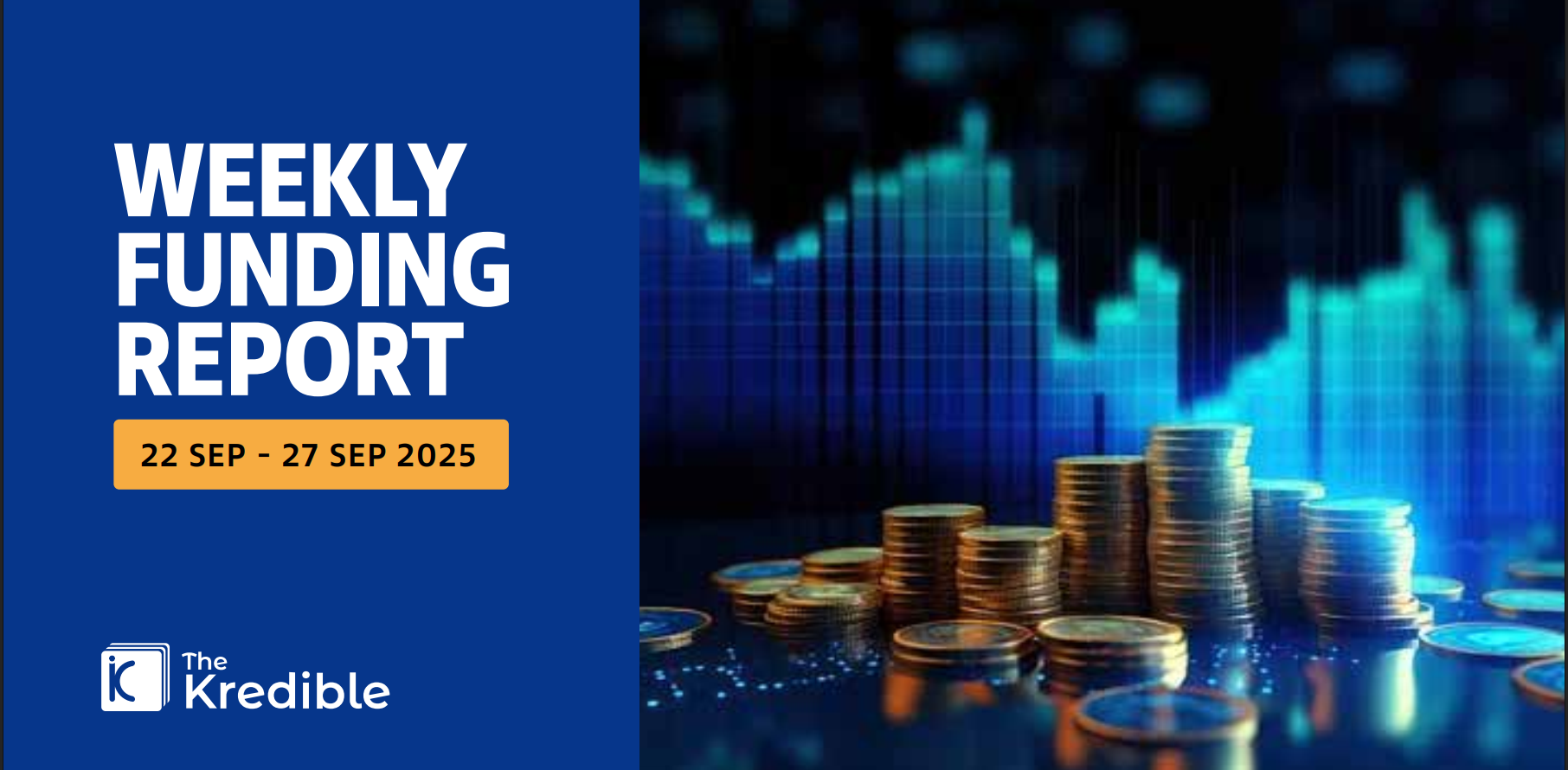 Funding Report
Funding Report During the week, 33 Indian startups raised a total of $173.48 million, including 4 growth-stage and 25 early-stage deals, while 3 startups kept their funding undisclosed.
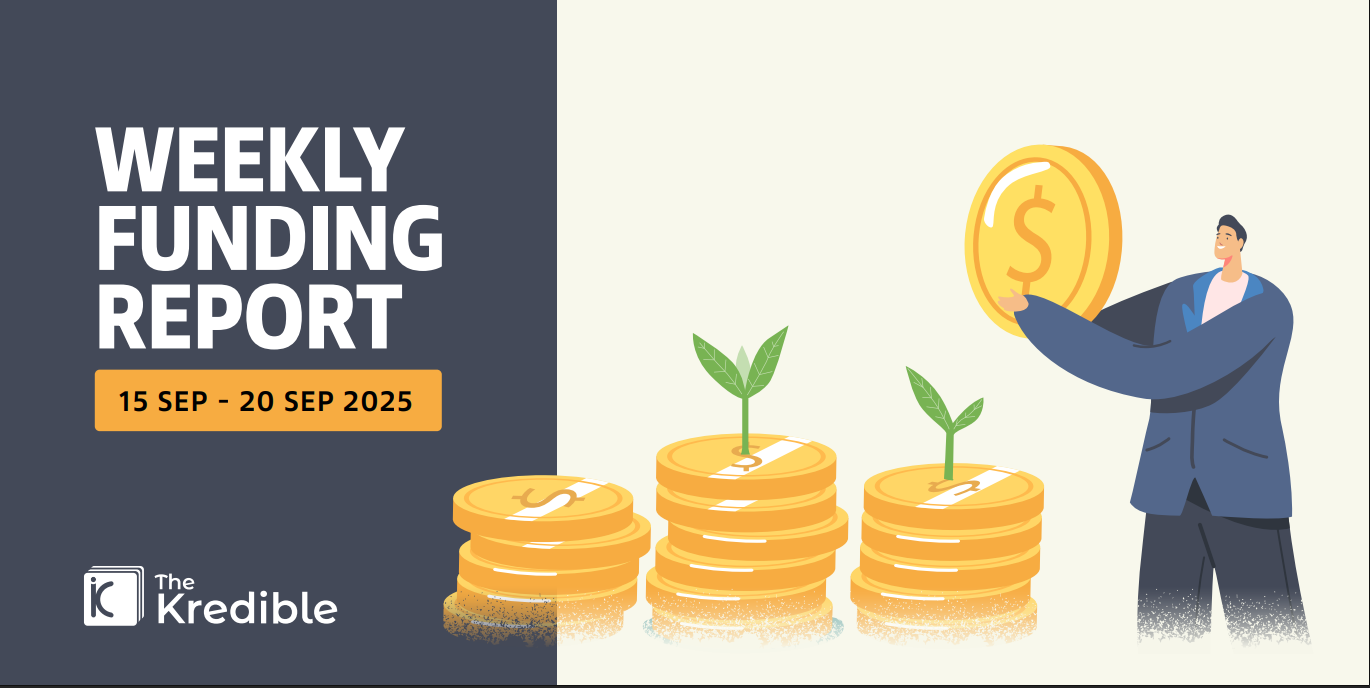 Funding Report
Funding Report During the week, 21 Indian startups raised a total of $361.5 million, including 6 growth-stage and 13 early-stage deals, while 2 startups kept their funding undisclosed.
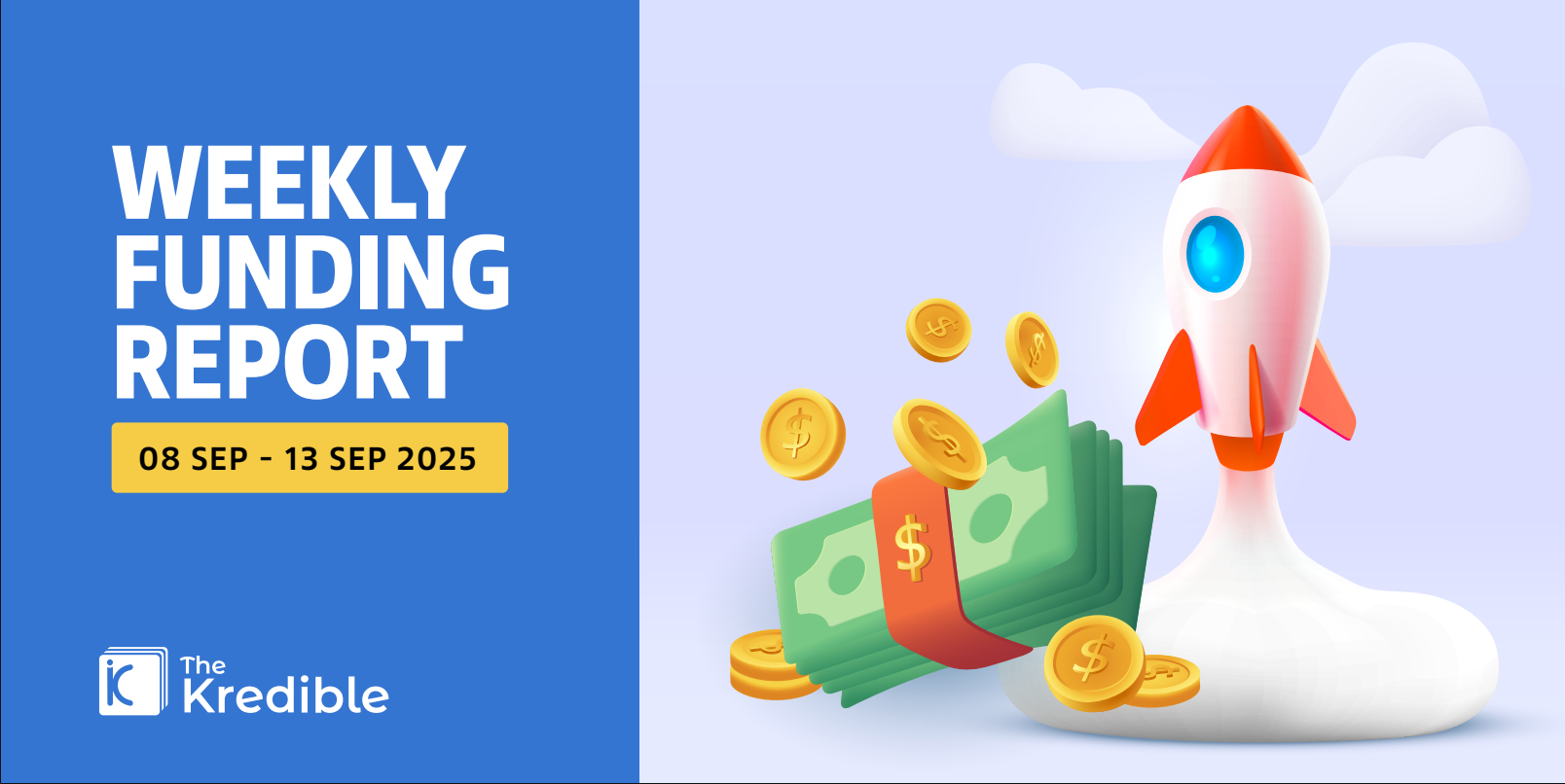 Funding Report
Funding Report During the week, 26 Indian startups raised a total of $329 million, including 5 growth-stage and 19 early-stage deals, while 2 startups kept their funding undisclosed.
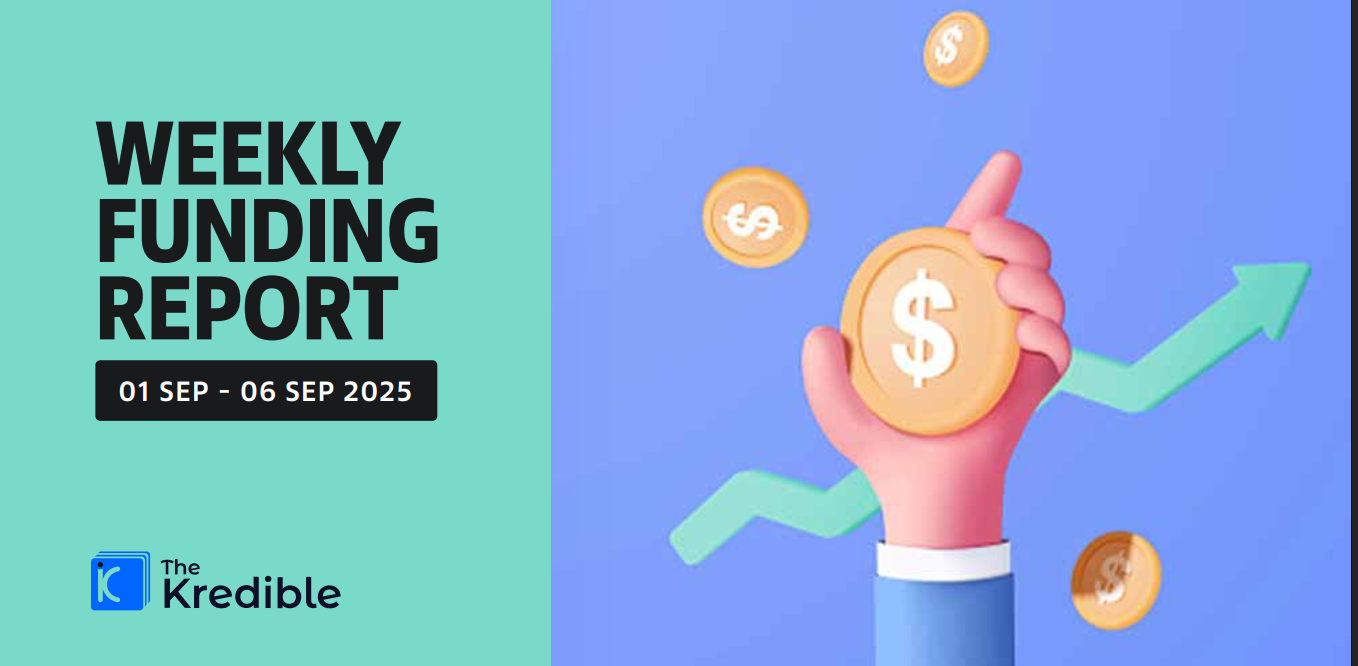 Funding Report
Funding Report During the week, 24 Indian startups raised a total of $127.59 million, including 4 growth-stage and 18 early-stage deals, while 2 startups kept their funding undisclosed.
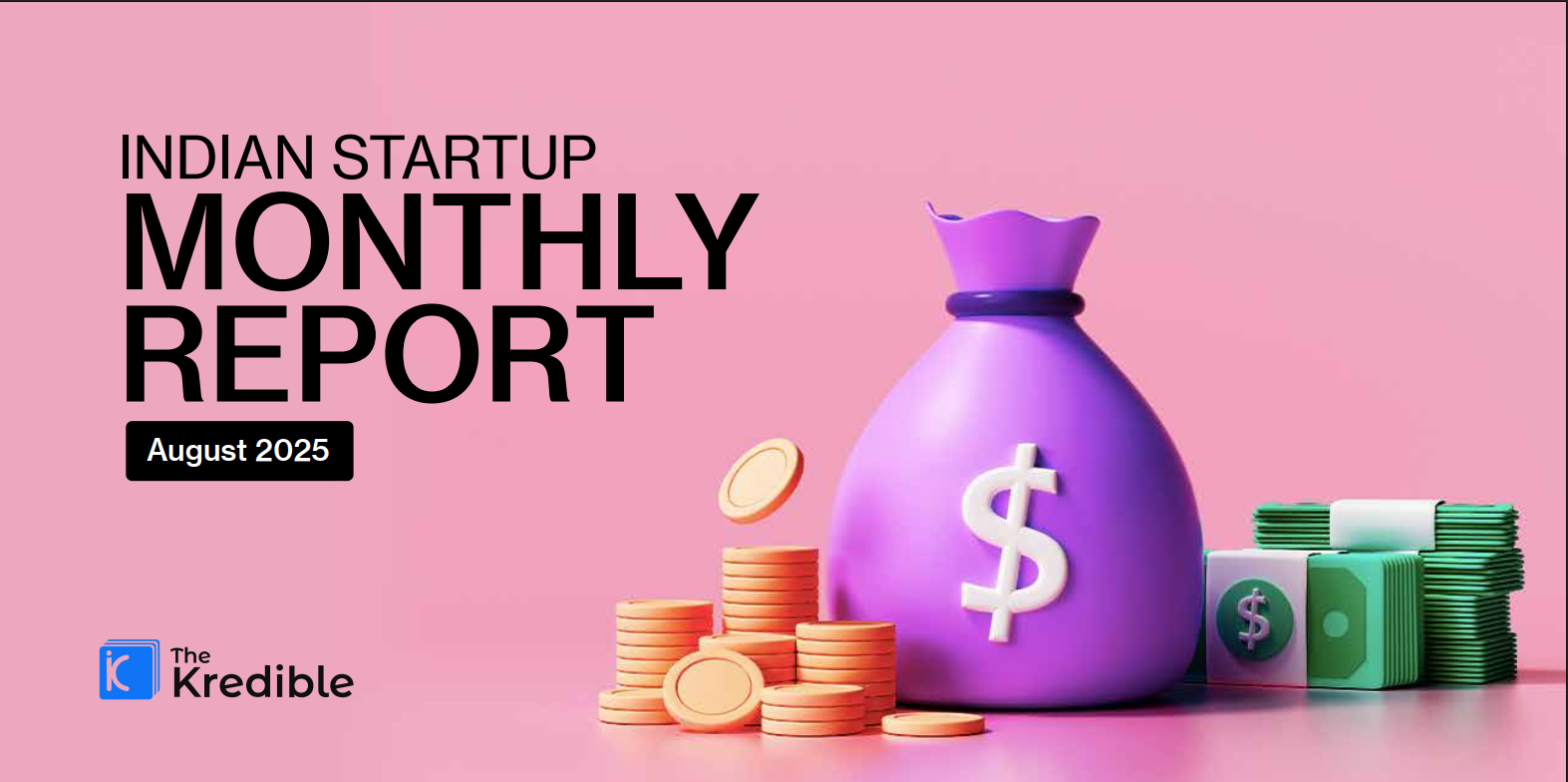 Funding Report
Funding Report Venture funding for Indian startups showed signs of recovery in August after slipping 38% in July. Although the total inflow remained under the $1 billion mark, the rebound was driven by late stage and growth stage deals. Fintech emerged as the top funded sector, followed by e-commerce and healthtech, while segments like agritech and edtech continued to see little to no activity. At the same time, the government’s crackdown on gaming companies has triggered shutdowns and forced several players to pivot, leaving the sector in a battle for survival.
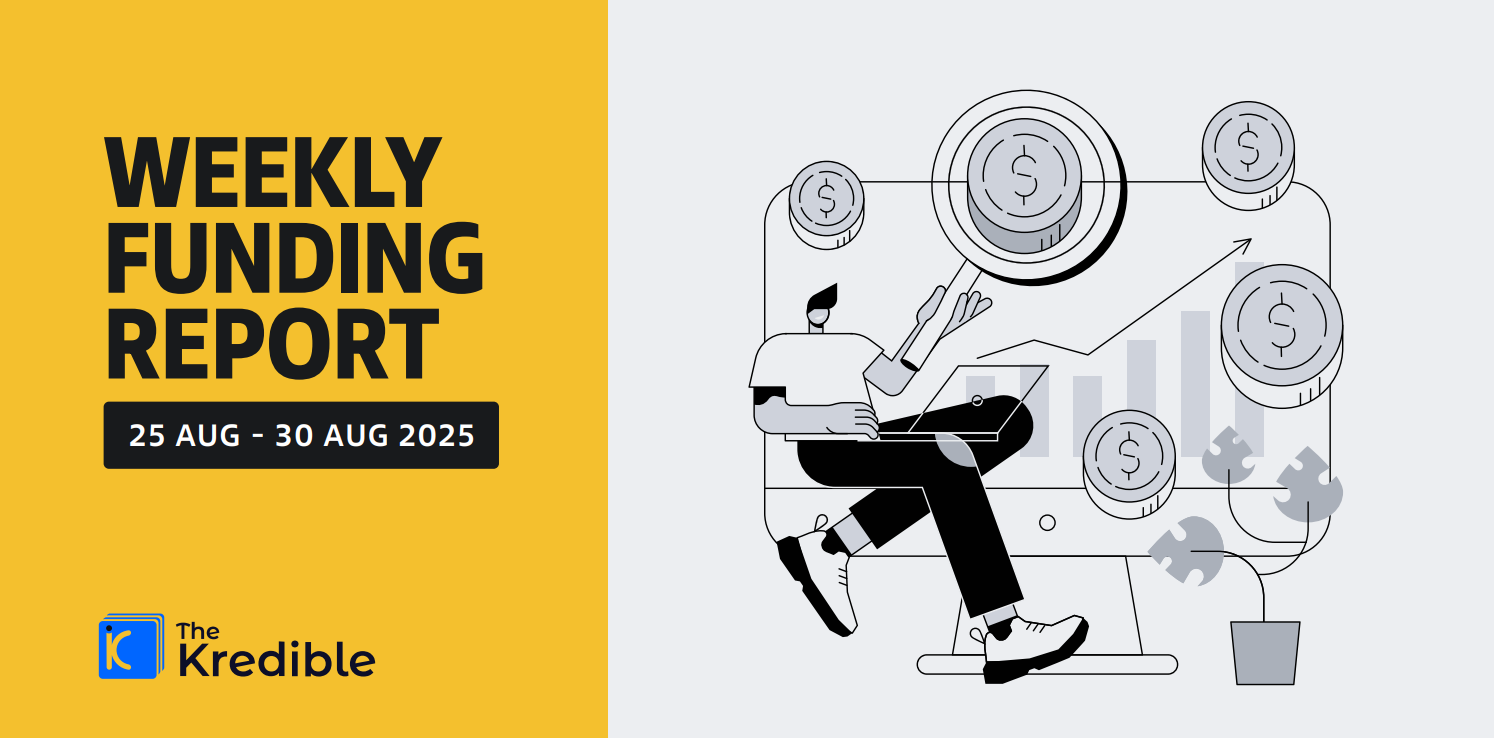 Funding Report
Funding Report During the week, 24 Indian startups raised a total of $127.59 million, including 4 growth-stage and 18 early-stage deals, while 2 startups kept their funding undisclosed.
